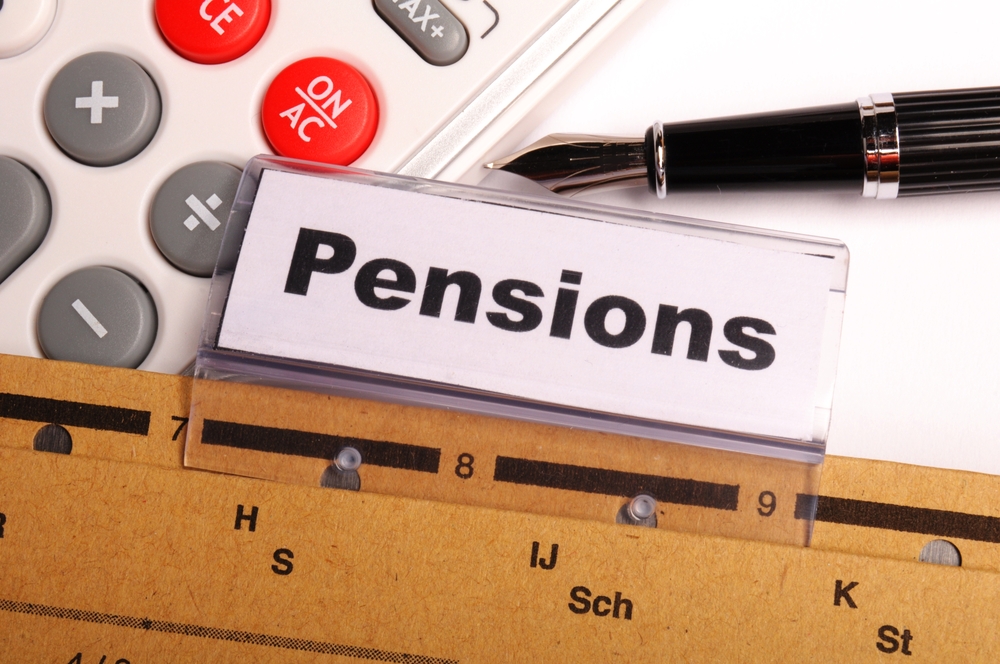1. Quitting Your Job
During their career, the average worker will change jobs approximately a dozen times. Don’t quit without first checking your vesting condition, especially if the deadline is approaching. Consider whether the job change is worth leaving those money on the table.
2. Not Saving Now
Every money you save today will continue to increase thanks to compound interest until you retire.Compound interest’s best ally is time. The longer your money accumulates, the better.
3. Not Having a Financial Plan
Create a plan that analyzes your estimated longevity, planned retirement age, retirement location, general health, and the lifestyle you want to lead before deciding how much to save aside to avoid undermining your retirement and running out of money.
4. Not Maxing out a Company Match
Sign up and contribute the maximum amount possible to take advantage of the full employer match, if one is offered. It’s free money if your firm has a generous matching program.
5. Investing Unwisely
Make wise financial decisions, whether it’s a workplace retirement plan or a traditional one.
6. Not Re-balancing Your Portfolio
As market conditions change or as you near retirement, rebalance your portfolio quarterly or annually to retain the asset mix you want. The closer you get to your last day of work, the more you’ll want to reduce your equity exposure and increase the ratio of bonds in your portfolio.
7. Poor Tax Planning
If you expect your tax bracket in retirement will be higher than it was during your working years, a Roth 401(k) or Roth IRA may be a good investment because you will pay taxes on the front end and all withdrawals will be tax-free.
8. Cashing out Savings
If you withdraw all or part of your retirement fund before reaching the age of 59 ½ , your plan sponsor will deduct 20% for fines and taxes, so you won’t get the full amount.
9. Driving up Debt
Driving up debt before retirement could have a detrimental effect on your savings. Have an emergency fund to avoid last-minute debt or pulling down your retirement funds. Before you retire, pay off (or at least reduce) your debt.
10. Not Planning for Health Costs
Take note that Medicare does not cover all of your medical expenses in retirement. Prepare to pay the difference out of pocket if you don’t have additional insurance.
11. Taking Social Security Early
Your payout will be higher the longer you wait to file for Social Security. If you can, wait until you’re 70 to file for benefits to get the most out of them.
Suggested link : https://thequarantineprojects.com/
Explore more : https://retirementprojectph.com/survey-page/






